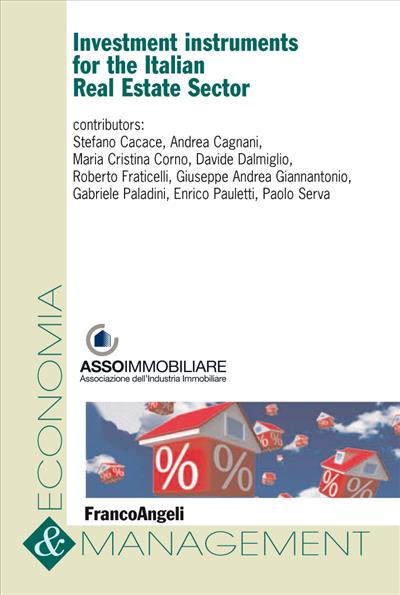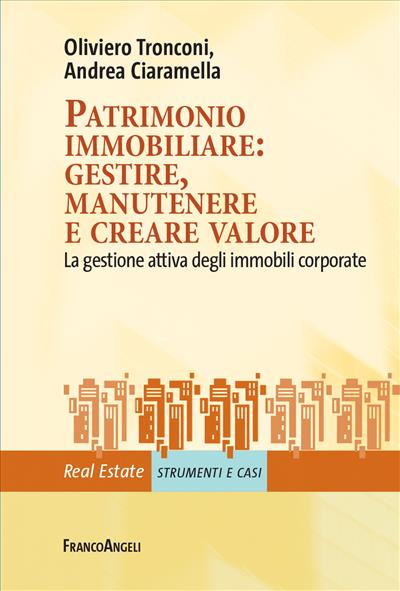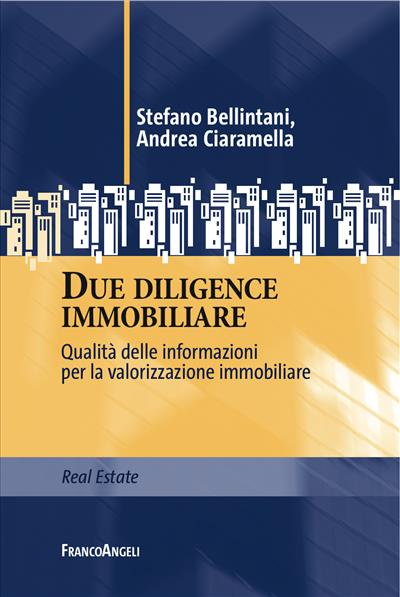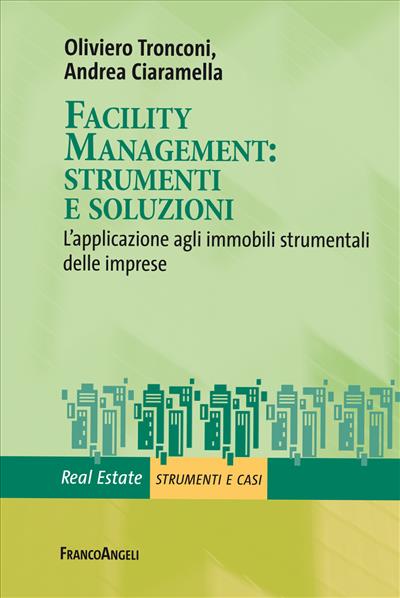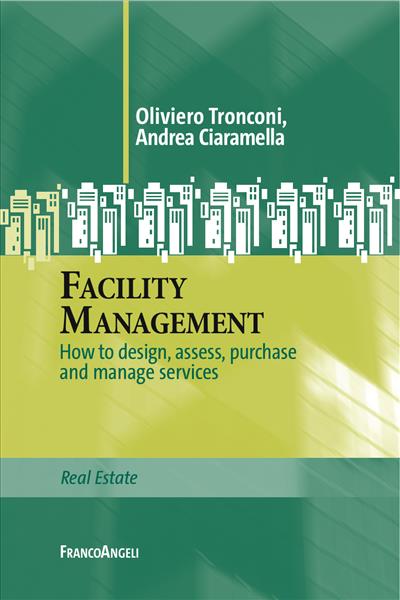
Oliviero Tronconi, Andrea Ciaramella
Facility Management.
How to design, assess, purchase and manage services
The book describes, in addition to the most common organizational models, many activities and processes characterizing Facility Management: the design of services and inspection/measurement systems; contractual solutions and management implications for public and private organizations; the management of resources and the impact of services in the most complex Real Estate management activities.
Pagine: 208
ISBN: 9788891745712
Edizione:1a edizione 2016
Codice editore: 1309.6
Possibilità di stampa: No
Possibilità di copia: No
Possibilità di annotazione: No
Formato: PDF con DRM Readium LCP
Pagine: 208
ISBN: 9788891746672
Edizione:1a edizione 2016
Codice editore: 1309.6
Possibilità di stampa: No
Possibilità di copia: No
Possibilità di annotazione: Sì
Formato: ePub con DRM Readium LCP
